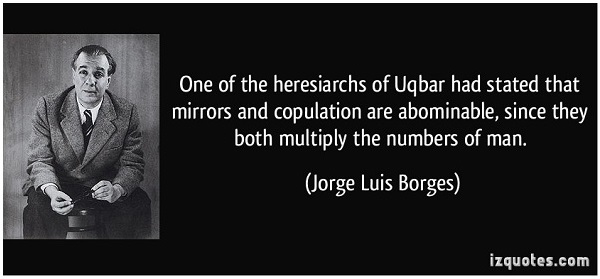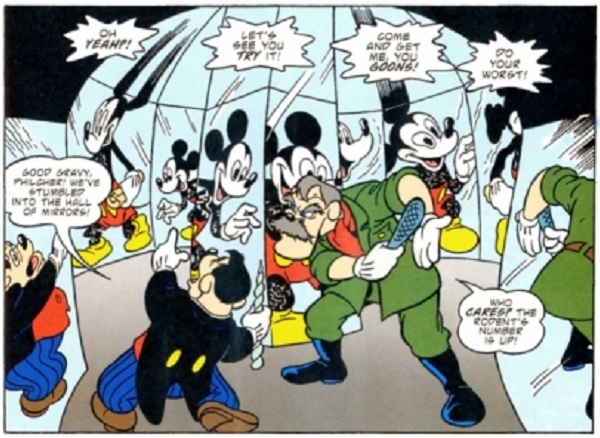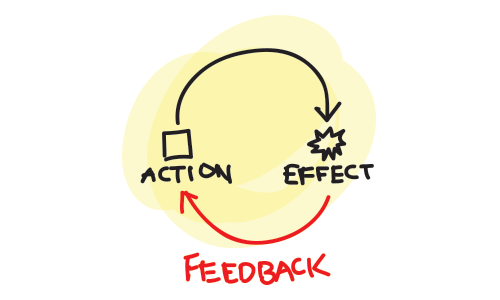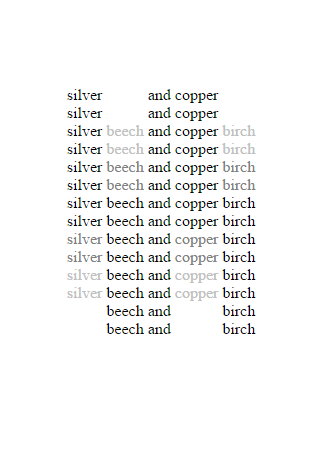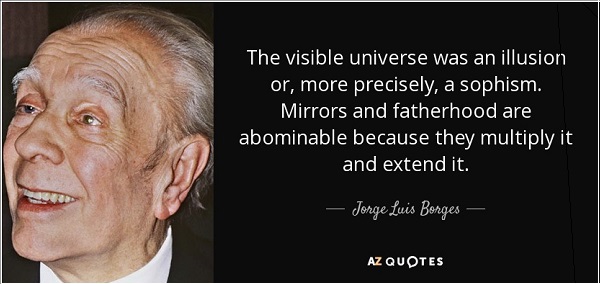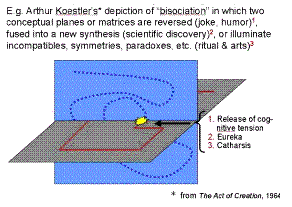Mattis and Kim: mirrors have consequences
Friday, April 21st, 2017[ by Charles Cameron — the current nuclear standoff, with a coda on silver beech and copper birch ]
.
**
I spend a fair amount of time suggesting that formal characteristics found in events are frequently worth special note, and mirroring is a good example. Here, in Why Mattis versus Kim Jong-Un Will End Badly for Us All, War on tnhe Rocks indicates the potential (and potent) peril of mirroring in the context of our latest Korean adventure:
Inadvertent war in Korea is more likely now than at any point in recent history. Whereas a second Korean war has always been possible, clashing U.S. and North Korean “theories of victory” — beliefs about what it takes to successfully coerce and control escalation — now make it plausible, even probable.
Patterns of bluster and brinkmanship have of course long characterized affairs on the Korean Peninsula. For “Korea watchers,” there’s a perverse comfort in the predictability of a situation that, to the uninitiated, sometimes looks anything but stable.
So on some level, the rhythm of recent saber-rattling between the Trump administration and North Korea recalls the perverse comfort of typical Korea policy. On a recent visit to South Korea, Vice President Mike Pence cited U.S. attacks in Syria and Afghanistan as indications of U.S. resolve against North Korea. This statement followed numerous officials confirming that the administration is contemplating preventive strikes against the North, and a recent policy review on North Korea yielding one overarching imperative: “maximum pressure.” North Korea’s rhetoric and posturing has been no less confrontational and no less familiar. As Pence departed Alaska for South Korea, North Korea attempted a submarine-launched ballistic missile test that failed. Upon news that a U.S. carrier group was headed to its neighborhood, North Korea responded that “a thermonuclear war may break out at any moment” and that it’s “ready to react to any mode of war desired by the U.S.”
These words and deeds themselves are more heated than usual, but unremarkable in the context of all that’s come before. North Korea routinely threatens war, often summoning images of a future mushroom cloud. The United States routinely dispatches aircraft carriers, bombers, and other strategic military assets in hopes of signaling resolve while actually registering little more than displeasure with North Korean behavior. The notion of “maximum pressure,” moreover, only differs from the approach of past U.S. presidents in the ambiguous adjective “maximum.” Pressure is the historical mean of U.S. policy toward North Korea. My concern is not with these observable dynamics to date, but rather with what lies beneath them, and what may be coming soon as a consequence.
It’s getting harder to ignore that the Pentagon, under Secretary Jim Mattis, may have a coercive theory of victory that largely mirrors that of North Korea under Kim Jong-Un. The danger is in the fundamental incompatibility of these disturbingly similar sets of strategic beliefs.
**
Smoke and the hall of mirrors, a digression:
An excellent place for final confrontations with heroes, the Hall Of Mirrors wins high marks for ease of use. All you have to do is lure your victim inside by dashing in yourself, and then cackle with glee as they find you reflected back not once but a thousand times… When you have had your fun, seal the exits and fill the cramped space with some kind of liquid. Plain water works as well as anything, but why not add food dye for color. Or, for a touch of whimsy, use a sickeningly sweet fruit punch.
— Neil Zawacki, How to Be a Villain, in TV Tropes: Hall of Mirrors
**
Mirroring sets up an echo chamber — consider the myth of Narcissus** — which is also a sort of ping-pong game and a feedback machine —
and hence a magnifier or an accelerator. It can allm too easily howl out of control, with — in this case — nuclear consequences.
** Narcissus sees his reflection, Echo echos his voice back to him, thus the myth encompasses a parallelism between visual and aural self-perceptions in a wonderful act of inter-media symmetry.
**
Form is the decorative act of the creative mind, adding to meaning by the use of devices of art in the way the materials of the art are deployed — as when the poet notes (specifically) beech and birch trees in a wood, delighted by the verbal felicity between the two words, or Coppola matches helicopter rotors against the blades of a hotel room fan in the beginning of Apocalypse Now.
And then the delight triples with the addition of a metallic match:
But again, I digress..
**
